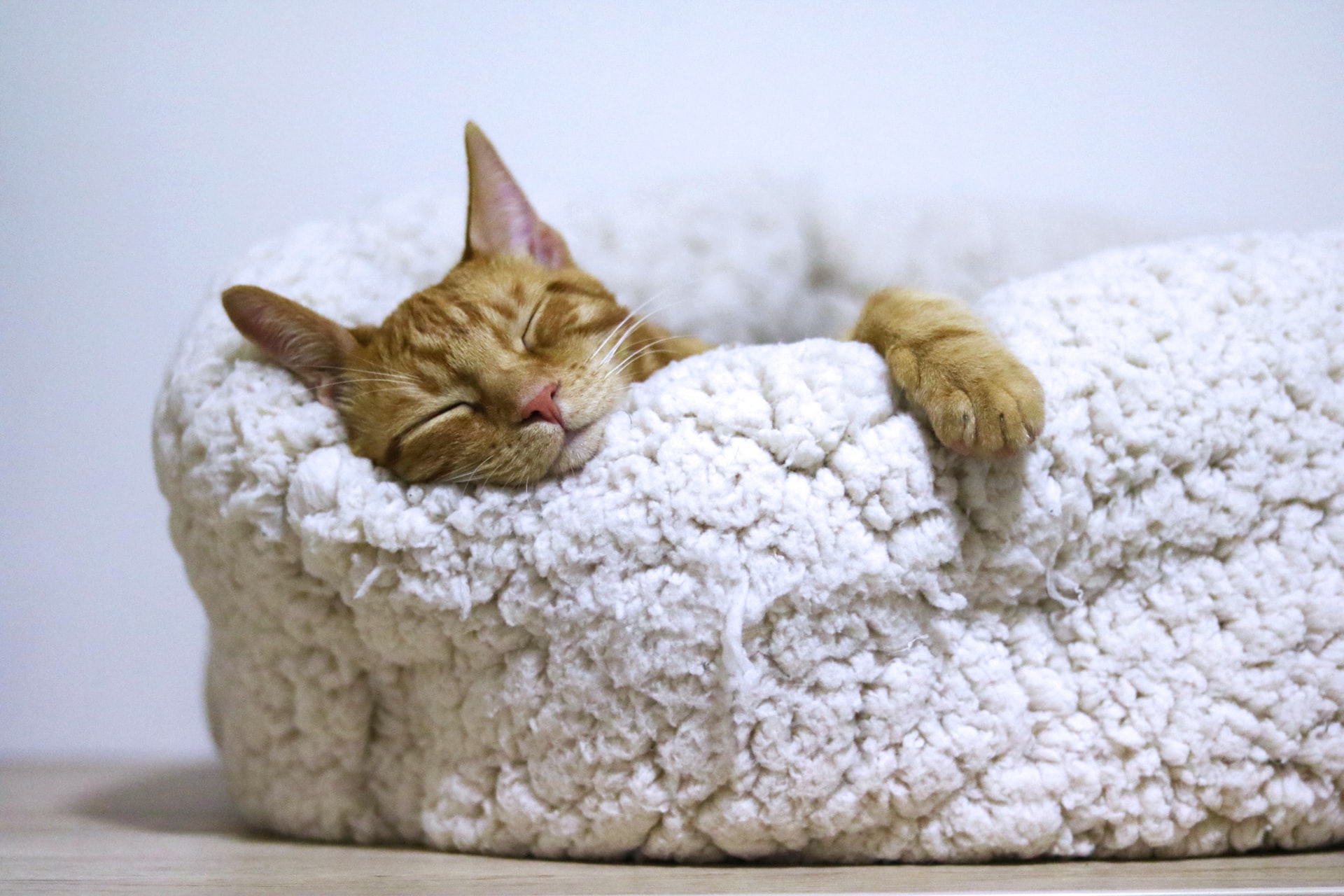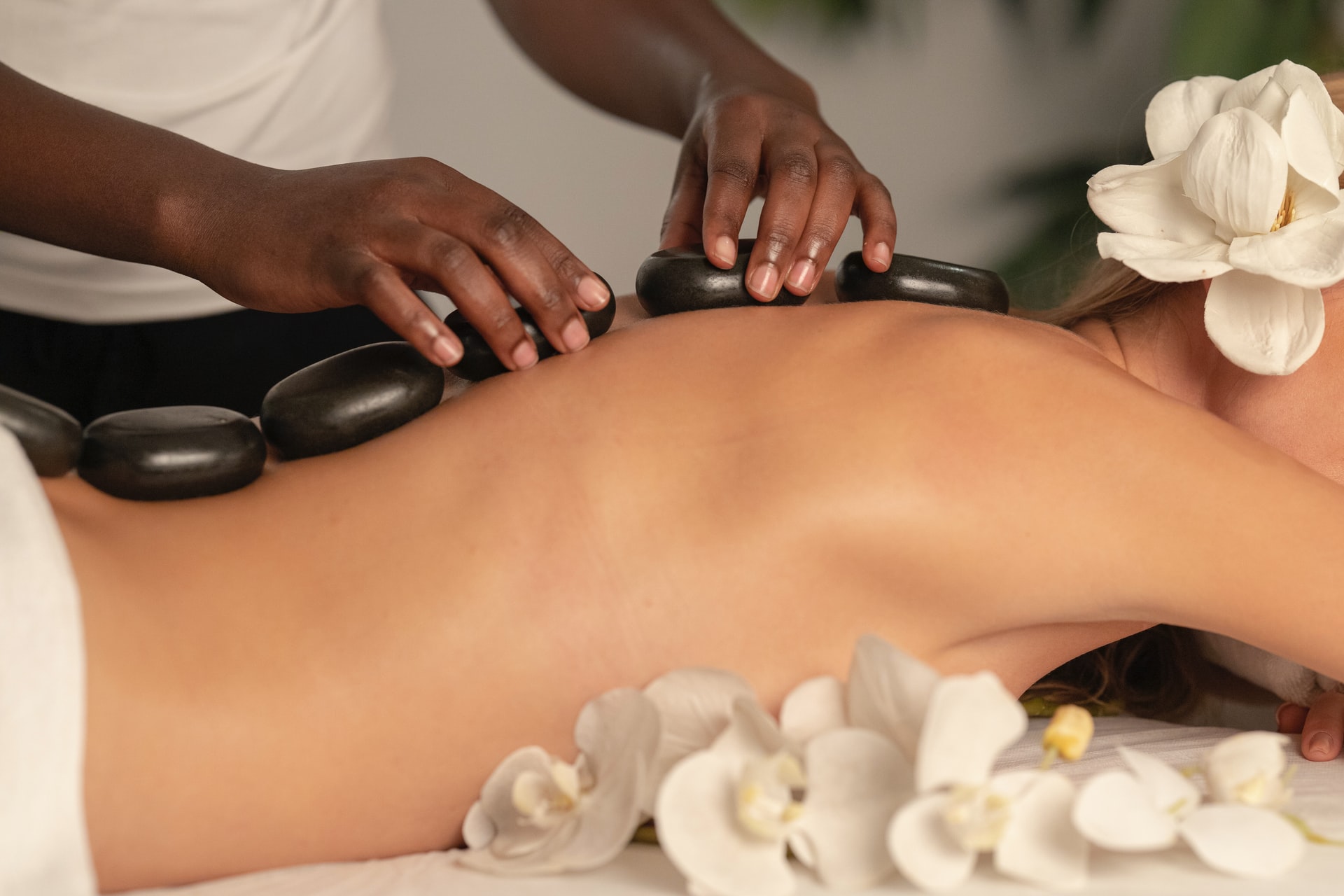Most students are under a lot of stress, and this stress can have a negative impact on their health, happiness, and academics. According to a research conducted by the American Psychological Association (APA), teen stress levels are comparable to those of adults.
That indicates teenagers are dealing with considerable chronic stress, and many believe their stress levels are outpacing their ability to manage properly. Around 30% of people say it makes them feel overwhelmed, depressed, or unhappy.
Stress can have a greater impact on health-related habits such as sleep patterns, nutrition, and exercise. This is reasonable, given that over half of APA survey respondents reported doing three hours of homework every night on top of their full day of schoolwork and extracurricular.
Common Causes of Student Stress
- School
- Homework
- Extracurricular activities
- Social challenges
- Transitions (e.g., graduating, moving out, living independently)
- Relationships
- Work
Students in high school confront strong competition in taking difficult classes, accumulating outstanding extracurriculars, preparing and acing college placement exams, and making critical and life-changing decisions about their future. At the same time, students must deal with the social problems that come with high school.
If an adolescent aspires to attend college, the stress will continue if they are admitted, as they will need to establish new acquaintances, manage a more demanding schoolwork, be without parental assistance in many cases, and negotiate the stressors that come with more independent living. Romantic relationships usually come with an additional layer of stress.
Exercise on a regular basis
 Regular exercise is one of the best ways to let off stress. Students may include fitness into their daily routines by performing yoga in the morning, walking or bicycling to campus, or studying for examinations with a buddy while walking on a treadmill at the gym. Starting today and maintaining a regular fitness routine for the rest of your life will help you live longer and more fully enjoy your life.
Regular exercise is one of the best ways to let off stress. Students may include fitness into their daily routines by performing yoga in the morning, walking or bicycling to campus, or studying for examinations with a buddy while walking on a treadmill at the gym. Starting today and maintaining a regular fitness routine for the rest of your life will help you live longer and more fully enjoy your life.
Take a few deep breaths to relax
 When your body is under stress, you’re not always thinking as clearly as you could be. Breathing exercises are an effective method to relax quickly. These can be done almost anywhere to reduce stress in minutes, and they’re especially good for decreasing anxiety before or even during examinations, as well as other times when tension is excessive.
When your body is under stress, you’re not always thinking as clearly as you could be. Breathing exercises are an effective method to relax quickly. These can be done almost anywhere to reduce stress in minutes, and they’re especially good for decreasing anxiety before or even during examinations, as well as other times when tension is excessive.
Sleep well
 Students are infamous for skipping sleep due to their hectic schedules. Unfortunately, working when sleep-deprived puts you at a significant disadvantage. You’re less productive, learning is more difficult, and you’re perhaps a safety danger behind the wheel.
Students are infamous for skipping sleep due to their hectic schedules. Unfortunately, working when sleep-deprived puts you at a significant disadvantage. You’re less productive, learning is more difficult, and you’re perhaps a safety danger behind the wheel.
Don’t forget to stick to your sleep routine. Aim for at least 8 hours of sleep every night and power naps if needed.
Visualization Exercises
 It’s simple and effective to use guided visualization to relieve stress. Visualizations can help you relax, disconnect from the source of your stress, and switch off your body’s stress reaction. Visualizations can also help you prepare for presentations and improve your exam scores by allowing you to envision yourself performing exactly how you want.
It’s simple and effective to use guided visualization to relieve stress. Visualizations can help you relax, disconnect from the source of your stress, and switch off your body’s stress reaction. Visualizations can also help you prepare for presentations and improve your exam scores by allowing you to envision yourself performing exactly how you want.
Do Progressive Muscle Relaxation (PMR)
 Progressive muscle relaxation is another wonderful stress reliever that may be utilized before tests, before bed, or at other times when stress has you physically coiled up (PMR). This method entails tensing and releasing all muscles until the entire body is relaxed.
Progressive muscle relaxation is another wonderful stress reliever that may be utilized before tests, before bed, or at other times when stress has you physically coiled up (PMR). This method entails tensing and releasing all muscles until the entire body is relaxed.
You may learn to remove stress from your body in seconds with practice. This is especially beneficial for students since it may be altered to aid relaxation efforts before sleep for deeper sleep, which students can always use, or to calm and reverse exam-induced panic before or during a test.
Play some music
 Music, a practical stress reliever with several cognitive advantages, may help you reduce tension and either soothe or excite your mind, depending on the scenario. Students might benefit from music by listening to classical music while studying, listening to uplifting music to mentally “wake up,” or resting with their favorite slow tunes.
Music, a practical stress reliever with several cognitive advantages, may help you reduce tension and either soothe or excite your mind, depending on the scenario. Students might benefit from music by listening to classical music while studying, listening to uplifting music to mentally “wake up,” or resting with their favorite slow tunes.
Organize Yourself
 Clutter may lead to stress, reduced productivity, and even financial loss. Many students live in a crowded environment, which might affect their grades. Maintaining a minimalist, relaxing study space devoid of distractions and clutter is one method to decrease the amount of stress you encounter.
Clutter may lead to stress, reduced productivity, and even financial loss. Many students live in a crowded environment, which might affect their grades. Maintaining a minimalist, relaxing study space devoid of distractions and clutter is one method to decrease the amount of stress you encounter.
This can help reduce stress, save time while looking for misplaced goods, and improve roommate relationships. It can also assist students develop a good attitude toward their study space, which aids exam preparation and promotes additional study time. Its well worth the time and effort.
Consume a Balanced Diet
 You may not know it, but your food has the ability to either enhance or deplete your mental vitality. A healthy diet may be used as a stress reliever as well as a study help. Diet-related mood swings, light-headedness, and other symptoms can be avoided by improving your diet.
You may not know it, but your food has the ability to either enhance or deplete your mental vitality. A healthy diet may be used as a stress reliever as well as a study help. Diet-related mood swings, light-headedness, and other symptoms can be avoided by improving your diet.
Learn how to use mantras and other techniques for optimism to educate your brain for more optimistic self-talk and a brighter future. You can also learn about the limitations of affirmations and the cautions of positive thinking so that you don’t work against yourself.


